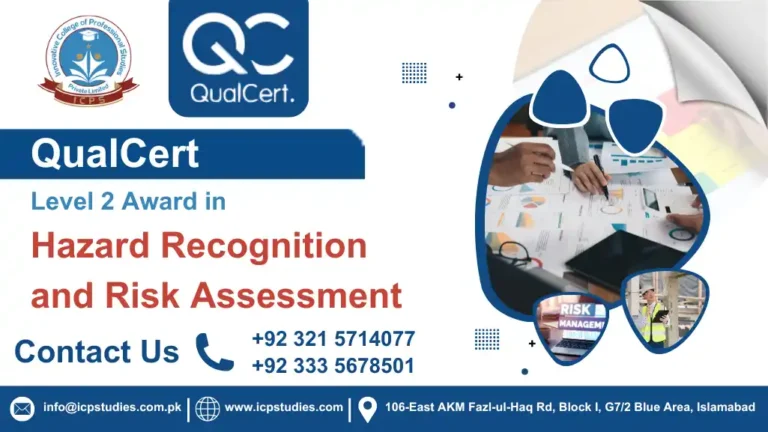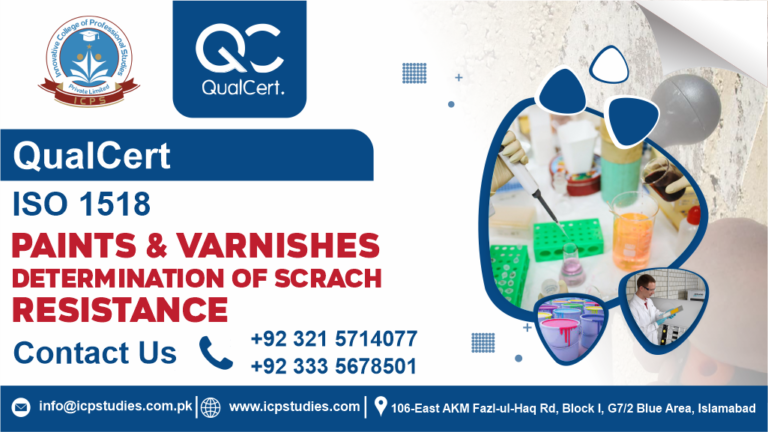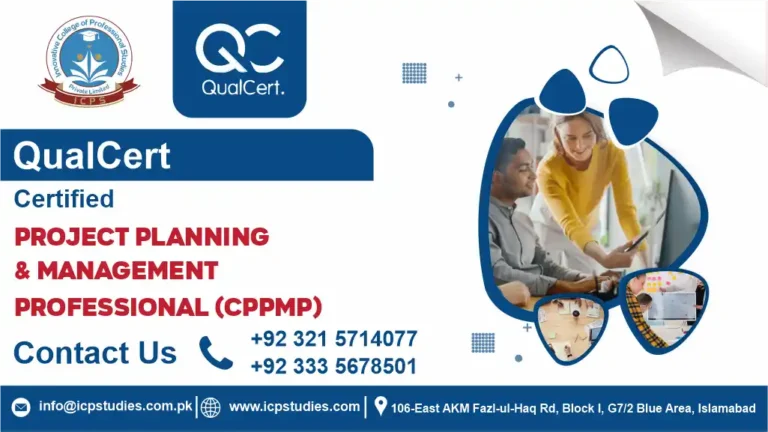The Level 5 Diploma in Quality Control (QC) Mechanical is an ideal qualification for professionals looking to advance their skills in quality control within the mechanical engineering and manufacturing sectors. As industries continue to demand higher standards of precision and efficiency, this course equips you with the essential tools, techniques, and knowledge to ensure mechanical systems and products meet the highest quality standards.
The Level 5 Diploma in Quality Control (QC) Mechanical covers a broad range of topics crucial for anyone working in or looking to enter the field of mechanical quality control. This comprehensive qualification focuses on practical, hands-on approaches to quality assurance, with a focus on mechanical systems, manufacturing processes, and material testing.
The Level 5 Diploma in Quality Control (QC) Mechanical is an essential qualification for anyone looking to advance their career in mechanical engineering and quality control. By gaining a thorough understanding of quality management systems, inspection techniques, and process optimization, you will be well-equipped to take on leadership roles and make a significant impact in your organization.
If you’re ready to build a solid foundation in mechanical quality control and take your career to the next level, the Level 5 Diploma in QC Mechanical is the ideal qualification to help you achieve your goals.
All About Level 5 Diploma in Quality Control (QC) Mechanical
Course Overview
The Level 5 Diploma in Quality Control (QC) Mechanical is a specialized qualification designed to provide professionals with the essential skills and knowledge needed to excel in quality control within the mechanical engineering and manufacturing sectors. As industries continue to demand precision, reliability, and efficiency, this course ensures that you gain a deep understanding of the quality control processes that are vital to ensuring mechanical systems and products meet the highest standards.
This diploma focuses on practical and theoretical aspects of quality control, covering everything from statistical process control (SPC) and inspection techniques to quality management systems and regulatory compliance. Whether you’re looking to take on a more senior role within quality control or deepen your expertise in mechanical systems and manufacturing processes, this course offers a comprehensive foundation to support your professional growth.
By completing the Level 5 Diploma in QC Mechanical, you’ll be equipped with the tools to monitor, analyze, and enhance product quality, reduce defects, and ensure compliance with industry standards. You will also gain the ability to contribute meaningfully to process optimization and continuous improvement initiatives, making you an indispensable asset in any mechanical engineering or manufacturing organization.
With an emphasis on real-world applications, this qualification ensures that you are prepared to meet the challenges of the modern industrial landscape, where quality control plays a crucial role in the success of projects and businesses alike.
Study Units
- Advanced Risk Management and Mitigation
- Quality Control in Road and Bridge Engineering
- Innovations in Construction Material Testing
- Project Management for QC Professionals
- Sustainability and Environmental Standards in QC
The Level 5 Diploma in Quality Control (QC) Mechanical is designed for individuals looking to enhance their expertise in quality control within the mechanical engineering and manufacturing industries. To ensure you are well-prepared for the course content and assessments, there are specific entry requirements:
1. Educational Qualifications
- A Bachelor’s degree in Mechanical Engineering, Manufacturing Engineering, or a related field, or an equivalent academic qualification.
- Alternatively, candidates with significant industry experience in mechanical engineering or quality control, even without a formal degree, may also be considered for entry.
2. Professional Experience
- At least 1-2 years of professional experience in mechanical engineering, manufacturing, or a related field, with a focus on quality control or quality assurance (preferred).
- Practical knowledge of manufacturing processes and mechanical systems is beneficial but not mandatory.
3. Basic Knowledge of Quality Control Principles
- A foundational understanding of quality control principles, such as inspections, testing, and process optimization, is highly recommended.
- If you do not have prior experience in quality control, a brief introductory course or a background in engineering or manufacturing will be helpful.
4. English Language Proficiency
- If English is not your first language, you may be required to demonstrate proficiency in English, typically through an IELTS score of 6.0 or equivalent. This ensures that you can effectively understand and engage with course materials and assessments.
5. Other Skills
- Good analytical and problem-solving skills, as the course involves root cause analysis and statistical process control techniques.
- Basic computer skills, including the use of software tools for data analysis and documentation (e.g., Excel or other statistical analysis tools), are advantageous.
Note:
If you do not meet all the educational requirements but have significant industry experience in mechanical engineering or quality control, your application will still be considered on a case-by-case basis. Many institutions also offer entry assessments to help determine your eligibility based on your practical experience.
If you are unsure whether you meet the entry requirements, contact the course provider for further clarification or to discuss your qualifications and experience in more detail.
The Level 5 Diploma in Quality Control (QC) Mechanical is ideal for individuals seeking to enhance their skills and knowledge in quality control within mechanical engineering and manufacturing environments. This course is designed for professionals who want to specialize in ensuring the highest quality standards for mechanical systems and processes. Here’s a breakdown of who will benefit most from this course:
1. Mechanical Engineers
- If you’re a mechanical engineer looking to deepen your expertise in quality control and become a specialist in manufacturing processes, this course is perfect for you. It will provide you with advanced skills in managing and improving mechanical systems, ensuring their quality, efficiency, and compliance with industry standards.
2. Quality Control Managers or Supervisors
- Professionals already working in quality control or quality assurance roles who want to enhance their leadership capabilities and technical knowledge. This course will give you the tools to implement and manage more effective quality control systems and strategies.
3. Manufacturing and Production Engineers
- Engineers working in manufacturing and production environments who want to optimize production processes, improve product quality, and minimize defects. This course equips you with the skills to design, implement, and monitor quality control procedures within manufacturing workflows.
4. Quality Assurance Professionals
- If you’re in quality assurance and looking to build a stronger foundation in mechanical quality control, this course will provide you with the specialized knowledge needed to take on more advanced roles in quality management and process optimization.
5. Aspiring Quality Control Leaders
- Individuals with some experience in quality control but aiming to take on leadership roles within quality management or operational teams. The course will help you develop the necessary skills to lead quality control efforts, drive continuous improvement, and ensure adherence to international standards.
6. Project Managers in Mechanical Engineering
- Project managers working in mechanical engineering or manufacturing sectors who need a strong grasp of quality control processes to oversee projects efficiently. This course will allow you to ensure that quality is maintained throughout the lifecycle of a project.
7. Technicians or Operators Seeking Career Advancement
- Technicians or operators with hands-on experience in mechanical systems or production processes who want to advance their careers by acquiring formal training in quality control. This qualification will help you move into higher-level positions such as quality control supervisors or managers.
8. Individuals Looking to Enter the Mechanical Engineering Field
- If you’re new to the mechanical engineering or manufacturing sectors and are interested in starting a career in quality control, this course offers a solid foundation to help you get started in the industry with a strong understanding of quality standards and best practices.
In Summary
The Level 5 Diploma in Quality Control (QC) Mechanical is designed for individuals who are passionate about ensuring the highest quality standards in mechanical systems and processes. Whether you’re a mechanical engineer, quality control manager, or someone looking to transition into quality assurance, this course offers the knowledge and skills to help you succeed in the competitive field of mechanical quality control.
Learning Outcomes
Upon successful completion of the Level 5 Diploma in Quality Control, students will be equipped with the following skills and expertise:
Leadership in Quality Management
- Develop essential leadership skills tailored to managing and inspiring quality teams and processes.
- Understand how to foster a culture of quality within an organization, driving change and continuous improvement.
- Master techniques to motivate, empower, and guide teams toward achieving quality objectives and overcoming challenges.
- Strengthen decision-making capabilities in high-pressure, quality-related situations.
- Implement strategic quality management practices that align with broader organizational goals, ensuring long-term success.
Advanced Risk Management and Mitigation
- Identify and assess various risks within quality control processes across industries, understanding their potential impact.
- Apply advanced risk assessment tools to prevent and mitigate risks that could compromise product quality.
- Design and implement risk management plans specifically tailored to quality assurance needs.
- Make data-driven decisions to minimize risks, ensuring consistent quality and compliance with industry standards.
- Gain proficiency in using risk mitigation strategies to maintain regulatory compliance and safeguard organizational operations.
Quality Control in Road and Bridge Engineering
- Gain an in-depth understanding of the specific quality control requirements and challenges involved in road and bridge construction.
- Learn how to apply quality control measures to ensure the integrity, safety, and reliability of infrastructure projects.
- Use relevant quality control tools and techniques that are essential in civil engineering projects.
- Develop skills in managing and assessing quality at various stages of construction, from planning to completion.
- Collaborate with engineers and construction teams to maintain high-quality standards throughout infrastructure projects.
Innovations in Construction Material Testing
- Explore the latest innovations in materials science and construction material testing techniques.
- Learn to implement emerging testing procedures to assess the strength and durability of construction materials.
- Analyze and interpret data from cutting-edge material testing methods to enhance quality control practices.
- Apply innovative material testing knowledge to improve overall project quality, safety, and compliance.
- Stay updated on industry trends and use innovative techniques to optimize the quality of construction materials.
Project Management for QC Professionals
- Understand the principles of project management within the context of quality control, ensuring that quality objectives are achieved effectively.
- Develop essential skills in planning, executing, and monitoring quality-related projects from start to finish.
- Learn to manage project timelines, resources, and budgets effectively, delivering high-quality results within scope.
- Implement proven project management techniques to guarantee that quality goals are met throughout the project lifecycle.
- Lead cross-functional teams and oversee complex quality control initiatives with confidence and strategic insight.
Sustainability and Environmental Standards in QC
- Learn about sustainability standards and environmental regulations relevant to quality control in various industries.
- Understand the role of sustainability in quality management practices and how to integrate it into operations.
- Develop strategies for implementing environmentally-friendly and sustainable practices in quality control processes.
- Assess and manage the environmental impact of production and service delivery, ensuring compliance with global environmental standards.
- Maintain high-quality performance while meeting sustainability goals, aligning environmental considerations with organizational objectives.
By completing this diploma, students will be fully equipped to take on leadership roles in quality control, manage complex projects, and drive innovation while ensuring sustainability and regulatory compliance across industries.
FAQs Level 5 Diploma in Quality Control (QC) Mechanical







